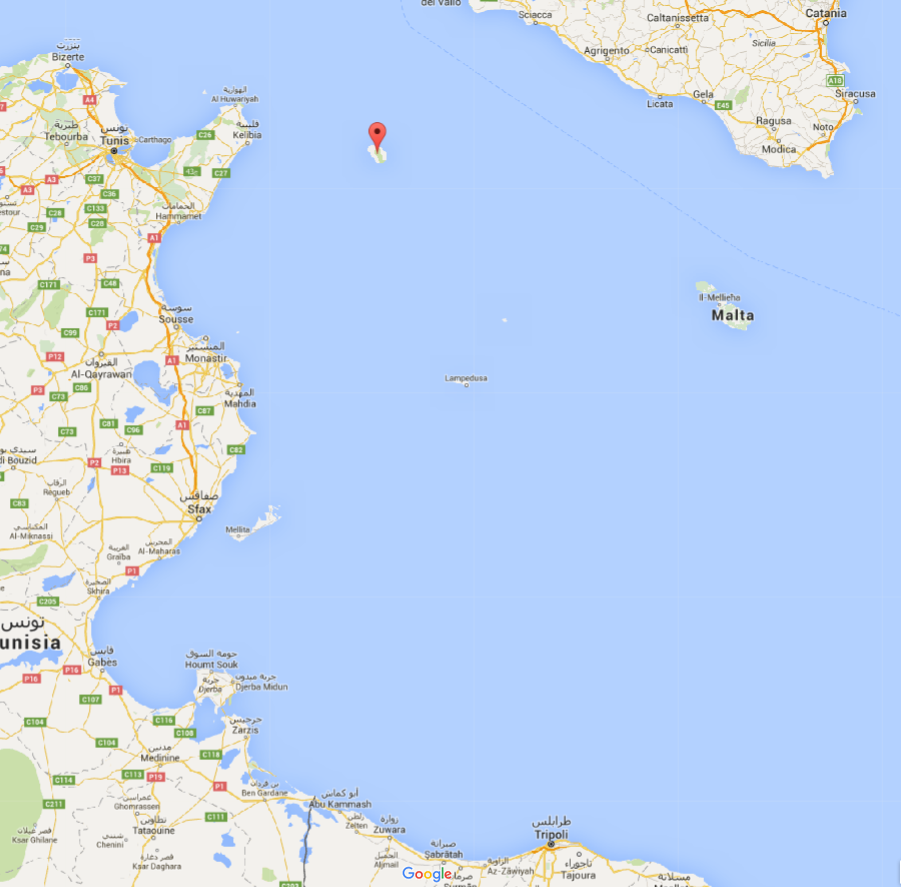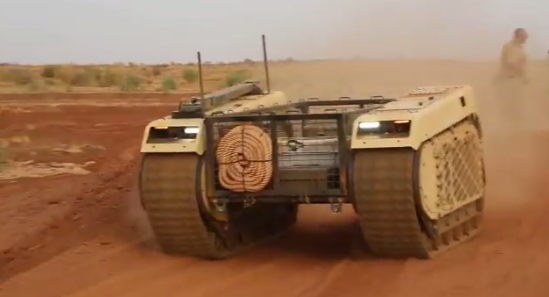Guinea-Bissau Mission: “rebuilding from zero” (Gen. Verástegui)

How can Europe reform the security structures of an African country?
First of all, it is not a reform of the EU but a reform desired and decided by the authorities of Guinea. There is a clear commitment from the national political authorities, shared by the opposition. Thus, we have no directly operational role. We are there to give advice, to establish plans for the future, to transform a strategic decision into an operational concept. Our mission is above all intellectual.
What are the objectives of this reform for the army, for the police?
For the army, one could say that it is simple. This force will have to be reduced by half, to reach a manpower of 2000-2500 men. It should be composed of light, simple units; not heavy armored units. A restructuring like we have seen in Europe. For the police, it's a bit more complicated. We currently have eight - nine police forces controlled by five different ministries, without any real coordination. It can't work. We need to review the organization. It is first necessary to give a legal framework to the new device. And we have to restructure. If the number of police officers will remain the same, there will ultimately be four forces, according to the Portuguese model: maintenance of public order, judicial police, gendarmerie and secret services. The gendarmerie will be created from scratch, by bringing together other already existing bodies (borders, immigration, etc.), on the model of the Portuguese “Guardia nacional”.
By whom will this reform be monitored?
It is fundamental. We need to find the future leaders who will oversee the reform. This raises the question of management training. Several countries (Portugal, Brazil, Cape Verde, Angola) were asked for this mission.
You have just spent several days there, what do you think is the main difficulty of your mission and… of this reform?
The main one is the lack of means in the army as in the police. The situation is very painful. There is almost no infrastructure. The barracks, when they exist, are in a lamentable state. It lacks everything! Vehicles exist in spades. The immigration services, for example, have only one vehicle, they do everything on foot. When I was in the Congo, in Guatemala—which are not rich countries—I had not known that. It's not just reform that we need… We have to rebuild everything from scratch!
Member States will contribute?
We hope so. The investments required are not incredible. Having mountain bikes for the police would be nice. Spain should thus donate motorcycles and mountain bikes. We also need 30 vehicles which seem to be a minimum if we want this country to be able to control these borders and be able to control immigration. This is also our mission: to identify the needs and find the countries ready to finance.
Isn't the difficulty also to fight against a so-called rampant corruption?
When those who work for the State do not receive a salary for months, it is difficult to speak of corruption... The border, for example, is guarded by good people, who are no longer paid. They are a bit like forgotten! They live among the population, in huts, like other peasants, receive no support, even medical. Often they are quite old. And when they leave the service, we feel that we will not find anyone to replace them. We must therefore change the system, find staff, train them... and ensure that once in place that they will be well paid, the 30 or 40 euros that we owe them per month. When you have the pride of belonging to a mission that works and you are paid for it, that can change.
Does this mean that Europe must engage more in this country?
Yes. I think so. It may be a bit selfish, but it's smarter and less costly to have stronger countries, in their structures, which ensure real border control, rather than having to suffer the result, with a immigration to our shores.
Interview by Nicolas Gros-Verheyde
Note:
• The ESDP mission in Guinea is a first of its kind, civil-military mission. Started in mid-April, the ramp-up should be completed in early June. It is made up of around forty people (21 international specialists + 18-19 local), from several European countries (Portugal, Spain, France for the advisers; Germany, Sweden, France, Italy, Portugal for the administration). Several third countries have been approached. While Canada and Brazil have declined the offer (the latter country is to send a bilateral mission in 2009 to support military reform), the United States is very interested; Cape Verde and Angola could also participate. The mission will be established in the capital, in a "central" way, near the National Assembly, in a building that has temporarily served as the embassy for France.
• A first reform plan for the security forces was adopted by the government of Guinea-Bissau in November 2006, followed by a restructuring plan in September 2007. At EU level, two joint fact-finding missions with the European Commission in May and October 2007 preceded the decision-making process. The first decision was taken at the Council of Defense Ministers on November 19, 2007; the general concept of the mission was approved on December 10, 2007, the concept of operations (Conops) and the joint action decision were approved on February 12, 2008, the operation plan (OpPlan) was accepted by the Cops on May 14.
Photo credit: Council of the EU

